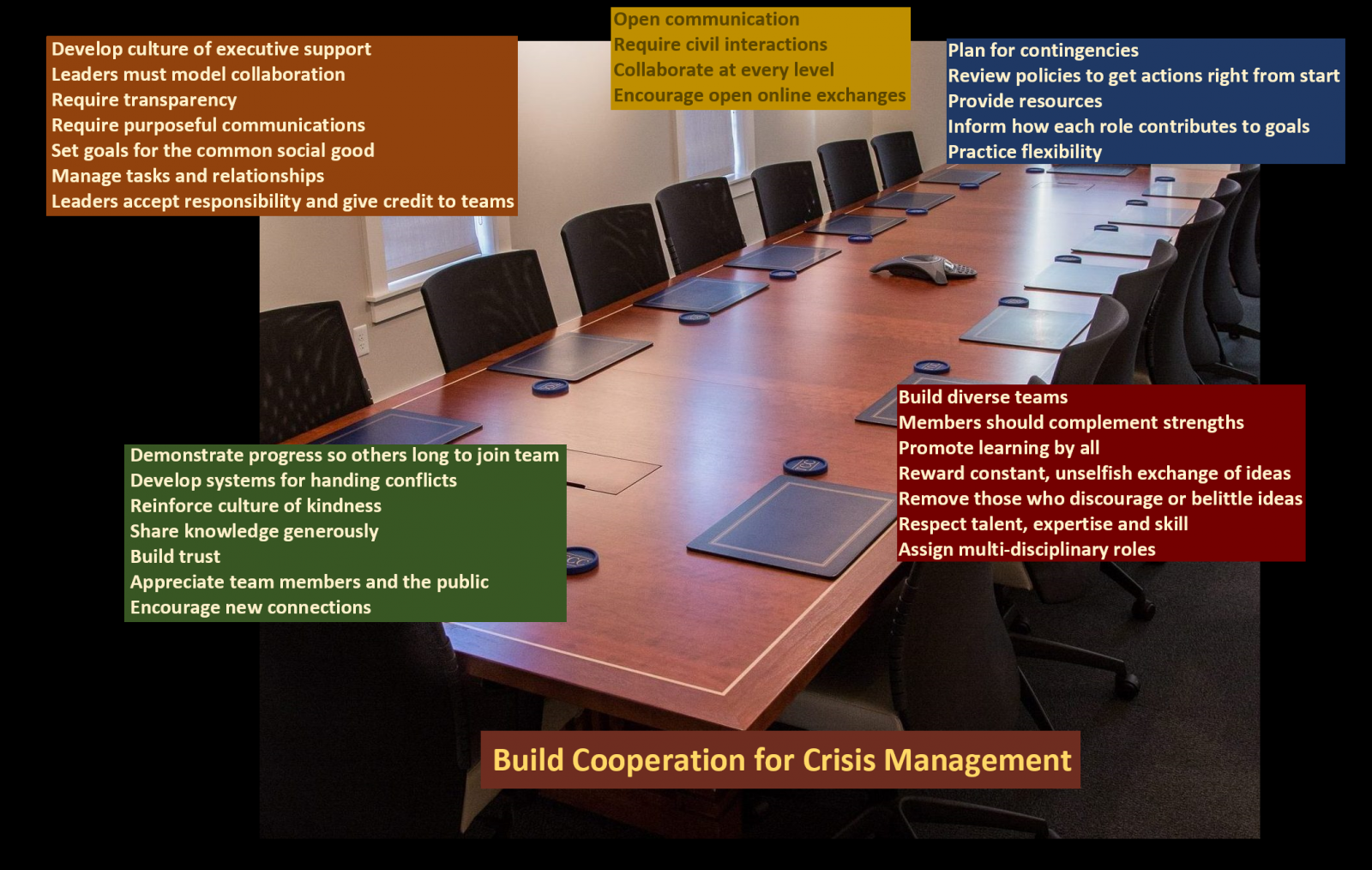In confronting the COVID-19 pandemic, many countries quickly abandoned international cooperation and leadership traditions. “A global response is critical to tackling the challenges posed by the virus – from sharing data that accurately models the crisis, to collaborating on a vaccine and its equitable distribution,” suggested Nicholas Burns, former US ambassador to NATO during an interview with PRI. The United States, handling a high caseload, failed to heed international warnings. Susan Minton Beddoes, editor-in-chief of the Economist, notes, “the Trump administration's response to the crisis is not out of line with the administration's disdain for multilaterlateralism.” Unity is also lacking for the European Union, even as many nations express concern about China and Russia sending supplies and medical staff to hotspots. “The coronavirus crisis has served as a catalyst for democratic decline, as authorities have blurred the lines between public health responses and government overreach,” writes Indra Ekmanis. “A lack of global cooperation is also likely to be felt particularly hard in emerging economies.” The panel points out that the world is stronger when countries work together and do not repeat the mistakes of history, including the protectionism of the Great Depression, which led to economic collapse. Global economies must cooperate in adjusting to restrictions while minimizing economic damage. – YaleGlobal
Global leadership and global governance have gone missing in action during the COVID-19 pandemic, and few nations are willing to fill the vacuum
©2020 Public Radio International
